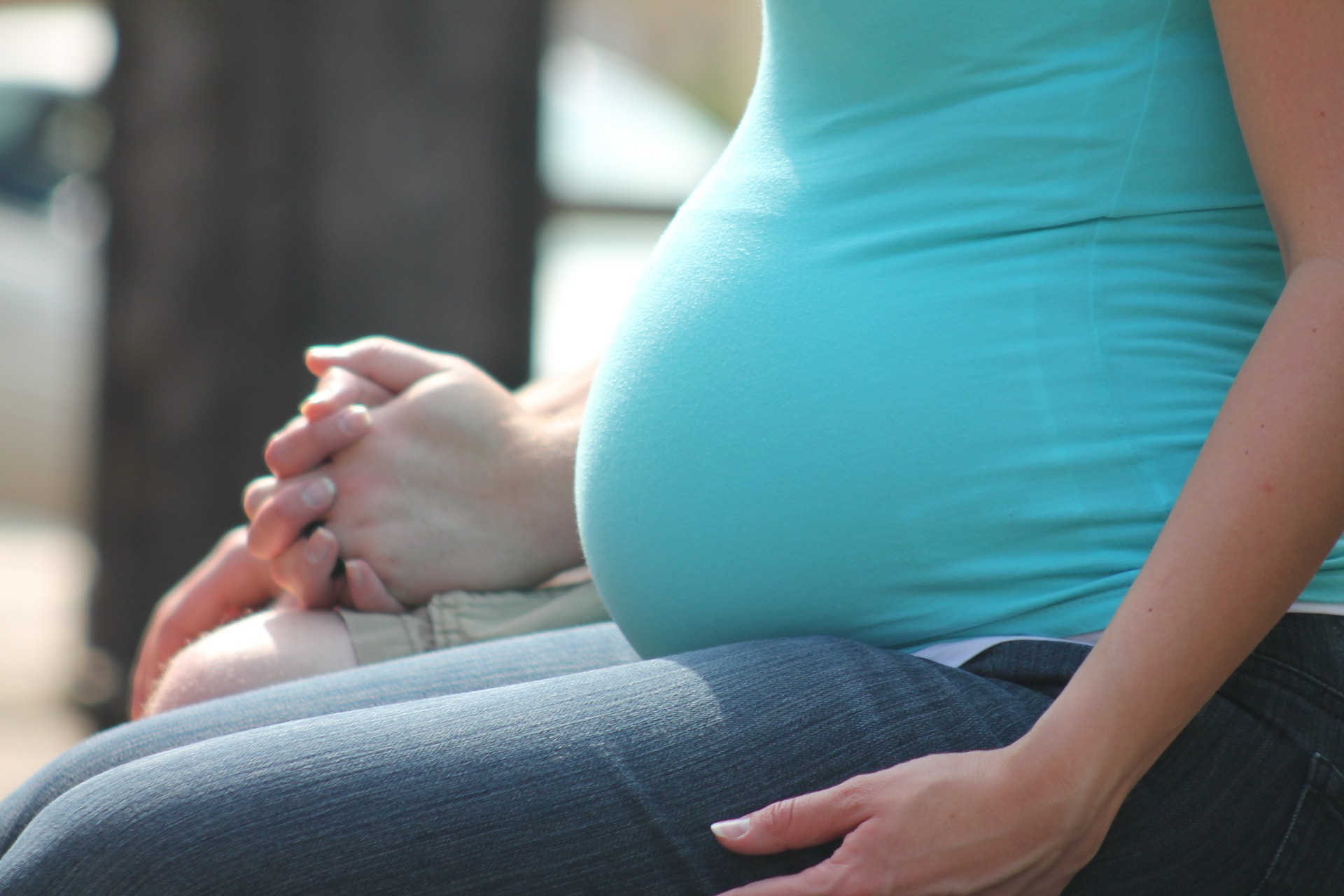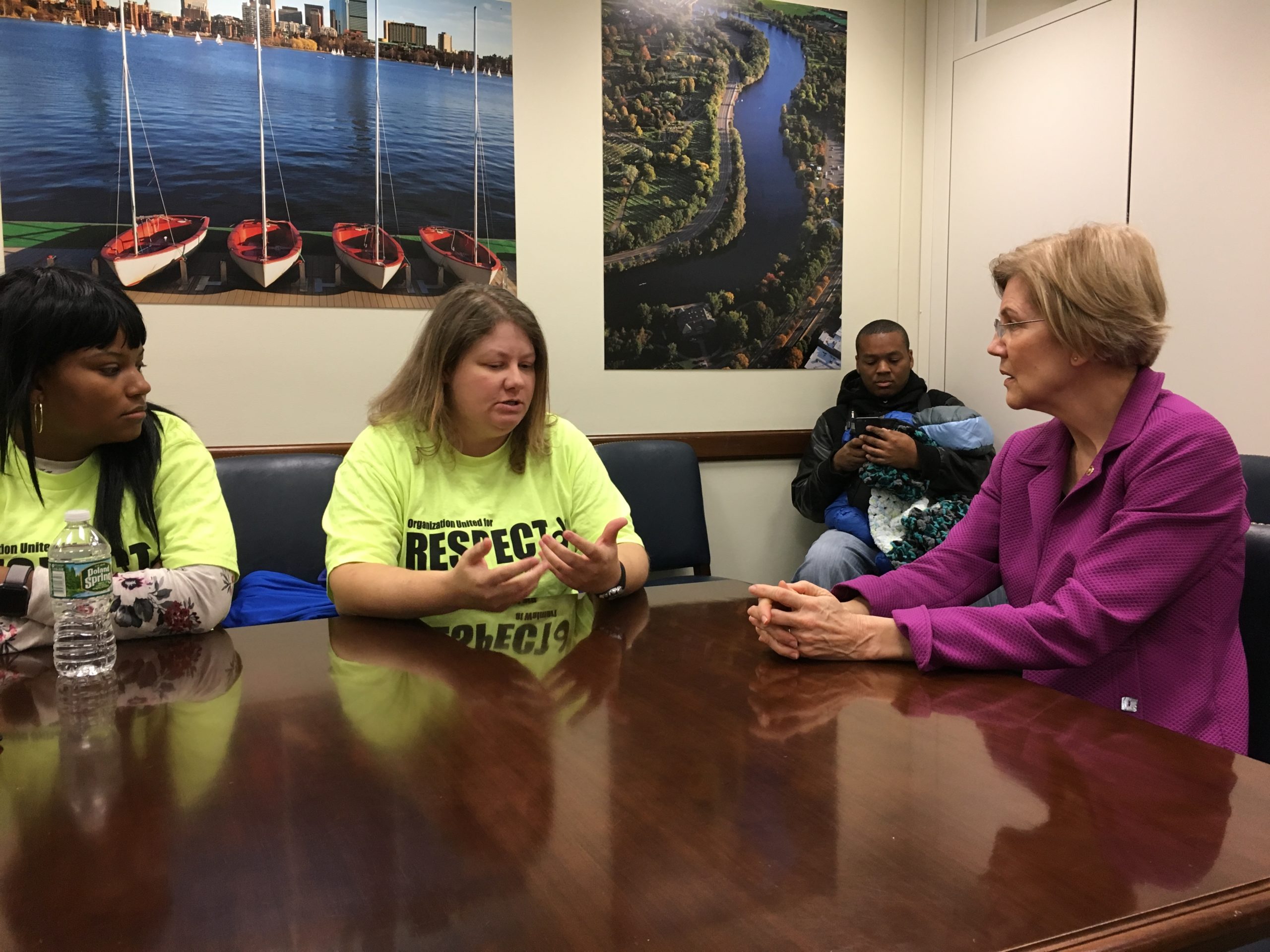Abortion rights, women of color, and LGBTQI+ people are under attack. Pledge to join us in fighting for gender justice.
Zika Highlights the Critical Need for Workplace Protections For Pregnant Workers

 The recent Zika virus outbreak and the potential for spread of the virus within the United States has raised significant concern about health consequences for pregnant women and their fetuses, and rightly so. But far less attention has been paid to the workplace implications of Zika virus for people who are or may become pregnant. Currently, there is little guidance on steps employers and workers can take to minimize or prevent exposure or transmission of Zika virus on the job – and even less information on the rights of workers who are or may become pregnant in such situations. Pregnant workers are already susceptible to being pushed out of work because of discrimination or retaliation for asking for reasonable accommodations. By increasing the potential need for accommodations, the threat posed by the Zika virus increases pregnant workers’ vulnerability, making laws and policies protecting them all the more important. It’s critical that everyone — including both employers and employees — has the information needed to make decisions based on facts, not fear, especially when people’s health and economic security are at risk.
The recent Zika virus outbreak and the potential for spread of the virus within the United States has raised significant concern about health consequences for pregnant women and their fetuses, and rightly so. But far less attention has been paid to the workplace implications of Zika virus for people who are or may become pregnant. Currently, there is little guidance on steps employers and workers can take to minimize or prevent exposure or transmission of Zika virus on the job – and even less information on the rights of workers who are or may become pregnant in such situations. Pregnant workers are already susceptible to being pushed out of work because of discrimination or retaliation for asking for reasonable accommodations. By increasing the potential need for accommodations, the threat posed by the Zika virus increases pregnant workers’ vulnerability, making laws and policies protecting them all the more important. It’s critical that everyone — including both employers and employees — has the information needed to make decisions based on facts, not fear, especially when people’s health and economic security are at risk.
Zika Virus Concerns Present the Potential for Pregnancy Discrimination at Work
Imagine a pregnant worker who is scheduled to travel to an important meeting in a Zika-affected area. She’s spoken to her doctor and decided that between insect repellent and staying indoors, she’s comfortable with the level of risk. Yet her employer bars her from travelling to the meeting because of his perception of risk to her fetus. Or picture a workplace where a supervisor prevents all women from taking certain assignments because they may be exposed to Zika virus.
These employers are engaging in unlawful discrimination against their employees, by limiting their employment opportunities based on their pregnancies or their capacity to become pregnant. The health and workplace challenges presented by Zika virus heighten the need to educate employers about the federal and state laws that prohibit pregnancy discrimination and increase enforcement efforts.
Zika Virus Highlights the Need for Reasonable Accommodations for Pregnant Workers
While pregnancy discrimination laws do not permit employers to unilaterally limit employees’ work opportunities in the name of fetal safety, some pregnant workers may need reasonable accommodations to address medical needs arising out of pregnancy and to allow them to continue to work. Accommodations can help pregnant workers in Zika-affected areas avoid Zika virus exposure or transmission while continuing to work. For pregnant employees working outdoors, reasonable accommodations could include providing effective insect repellent and protective clothing, allowing a pregnant worker to swap occasional outdoor duties with someone else, or transferring a worker from an outdoor position to an available indoor one for which she is qualified. Reasonable accommodations for health care workers, such as laboratory technicians, might include additional protective equipment.
Federal laws such as the Pregnancy Discrimination Act and the Americans with Disabilities Act require employers to provide reasonable accommodations to pregnant workers who need them in particular circumstances. Seventeen states and the District of Columbia have supplemented these protections by explicitly requiring employers to provide reasonable accommodations to pregnant workers who need them. While the remaining states should act quickly to pass such laws, employers who want to prevent transmission and address workers’ needs don’t have to wait; they can proactively offer these kinds of accommodations even when they are not explicitly required by law.
Lack of Workplace Pregnancy Protections Hurts Workers in Low-Wage Jobs
Both pregnancy discrimination and failure to provide reasonable accommodations put all pregnant women — but especially women in low-wage jobs and their families – at risk. Women make up two-thirds of the low-wage workforce, and mothers are breadwinners in over 40 percent of families with children and in over seventy percent of the lowest earning married-couple households. They may live paycheck to paycheck, or they may not have health insurance, so any loss of income can have an immediate and devastating impact. And maternal and infant health outcomes are much worse for lower-income people. These are the women who most need their incomes to take care of themselves, their families, and their health.
Pregnant workers should have the tools they need to protect their health and employment – a need heightened by the challenges posed by Zika virus. Federal, state, and local governments should enforce existing pregnancy discrimination laws, pass legislation explicitly requiring reasonable accommodations for pregnant workers who need them, and encourage employers to support workers who request accommodations. These laws and policies will not only help protect against Zika exposure, but also ensure that a worker doesn’t have to make an impossible choice between her job and her health.





